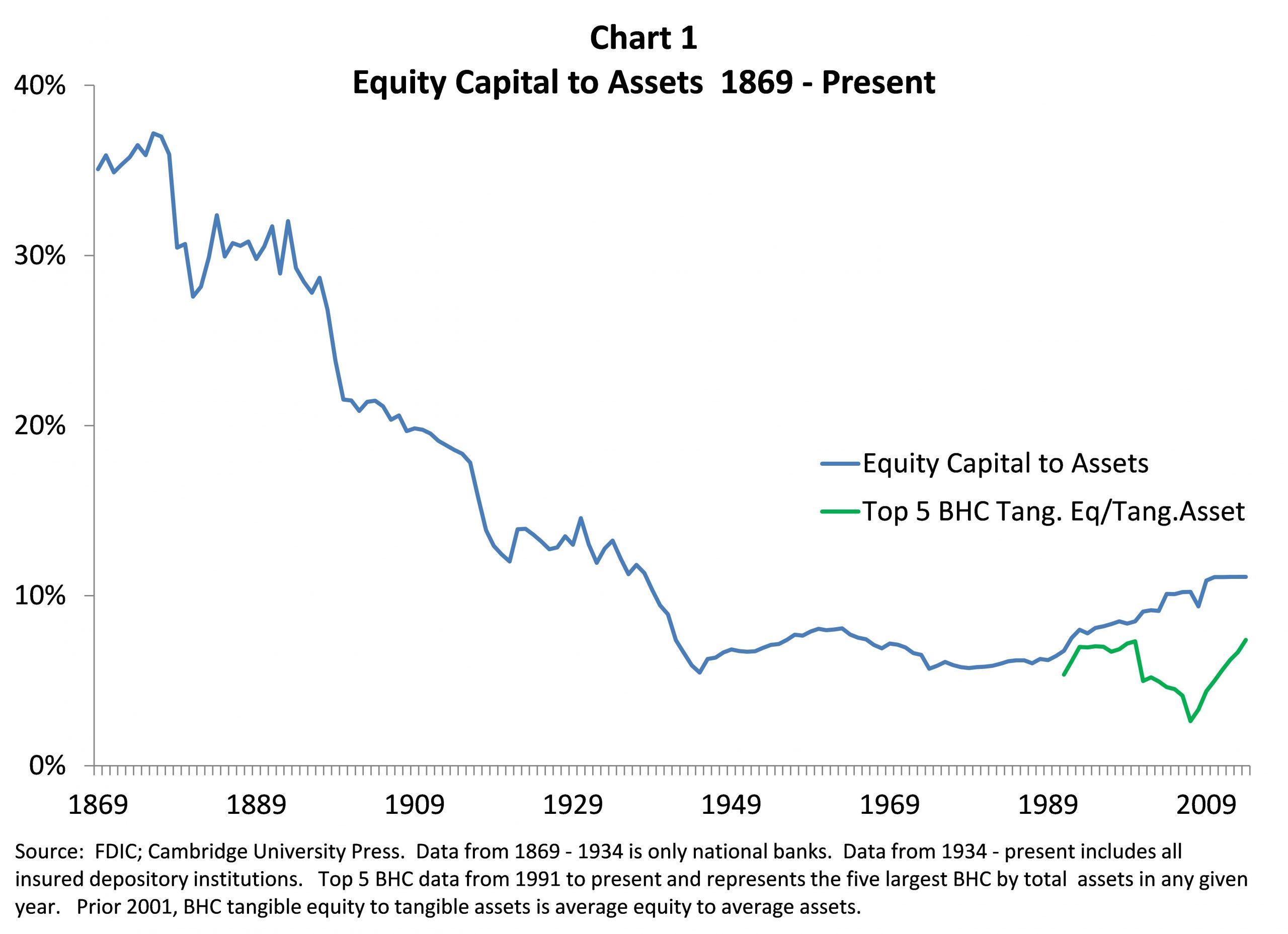A top U.S. bank regulator warned Monday that the industry is lobbying to ease post-crisis rules that protect the economy, and cautioned that the government should not to ease limits on banks’ ability to take on debt.
Thomas Hoenig, the vice chairman of the Federal Deposit Insurance Corporation, said in a speech in Paris that the banking industry has “begun to lobby for special treatment or exemptions” from capital rules. If they are successful, he warned, it would “compromise the strength of the industry, expose the public to loss, and undermine the stability of the economy.”
Hoenig, known as an advocate of higher capital standards for big banks, argued in the speech that banks are safer when they have high levels of capital, and are better positioned to keep lending even after an economic downturn or banking crisis. Higher capital means that banks get funding more from ownership stakes, such as shares, and less from debt on which they owe regular payments.
He also argued that banks become less capitalized over time as investors grow more confident that the government would bail them out if they faced failure. “As the role of government has increased, the role of equity capital has declined,” he said in the remarks prepared for the address, tracing the decline in capital ratios to the introduction of deposit insurance in 1933, the creation of the Federal Reserve in 1913, and the establishment of the Office of the Comptroller of the Currency in 1863. He produced a chart showing capital ratios declining significantly over the course of those past 150 years.

With the “specter of taxpayer support and government involvement,” Hoenig said, the problem of “too big to fail” banks cannot be solved. In the absence of it, he suggested, investors would require banks to rely far less on debt.
One specific threat to higher capital standards, according to Hoenig, is a new proposal to change one of the calculations of capital levels from the Basel Committee on banking. The Basel Committee, a group of international regulators, set many of the rules that have led to higher capital standards in the U.S. in the wake of the crisis.
